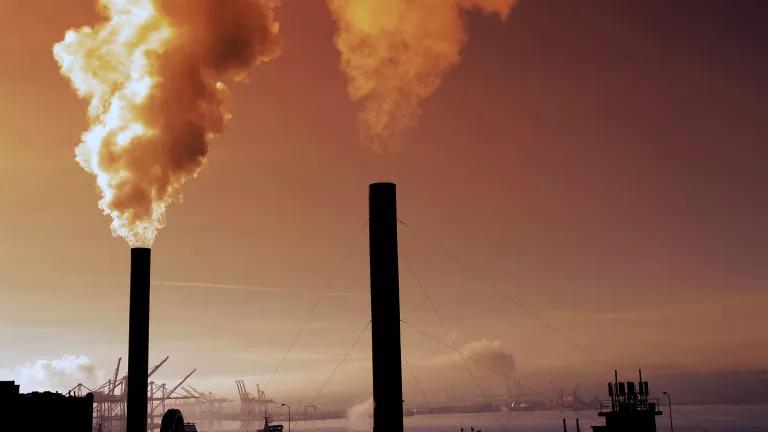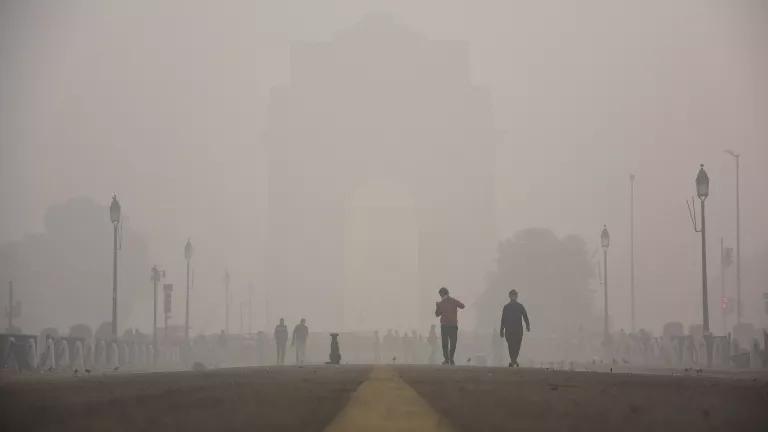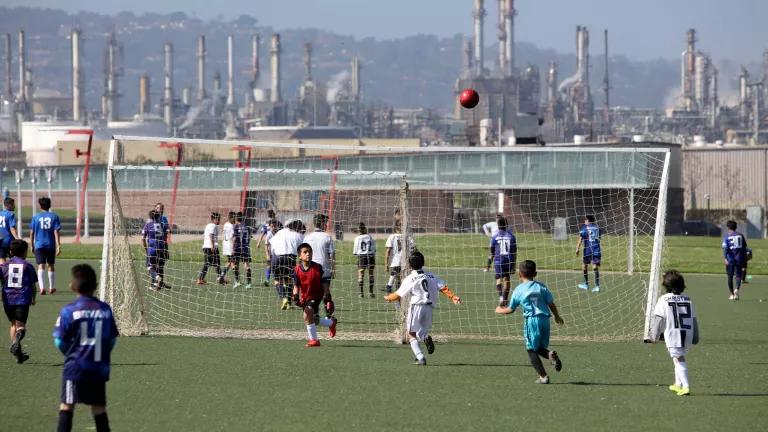NRDC et al. v. EPA et al. (Exceptional Events)
Case Status
ClosedLast Update

Under the Clean Air Act, “exceptional events” are occurrences, such as forest fires or volcano eruptions, that generate air pollution but are not reasonably controllable or preventable and therefore receive special treatment under the statute. Exceptional events can be natural, or they can be caused by human activity that is unlikely to recur at a particular location. When assessing a state’s compliance with the Clean Air Act’s health-based air quality standards, the U.S. Environmental Protection Agency may excuse violations that are caused by such events.
In 2015, however, the EPA introduced an extremely broad definition of a “natural event” that can qualify as exceptional. Under this definition, predictable and preventable pollution from anthropogenic sources like power plants and oil refineries can qualify if this pollution is carried by winds above a certain speed. If this definition is allowed to stand, the Trump administration’s EPA could use it to excuse states from adequately regulating industries that pollute time and time again, violating clean air health standards. NRDC brought a legal challenge to this rulemaking, and the U.S. Court of Appeals for the D.C. Circuit heard oral arguments in March 2018.
In its briefs, EPA claimed for the first time that its rule is actually much narrower and that exceptional “natural events” do not include transported pollution from anthropogenic sources. At oral argument, NRDC urged the court to hold EPA to this narrow interpretation—which would result in a technical loss but an effective victory for NRDC. The D.C. Circuit took this approach in an opinion issued in July 2018.
Case Documents
Environmental Petitioners’ Final Opening Brief (PDF) Environmental Petitioners’ Addendum to Final Opening Brief (PDF) Final Brief of Amici Curiae in Support of Respondents (PDF) Environmental Petitioners Final Reply Brief (PDF) EPA’s Final Answering Brief (PDF) Brief of Intervenor-Respondent American Petroleum Institute (PDF) Opinion for the Court on the Petition for ReviewRelated Content

Air Pollution: Everything You Need to Know

Fossil Fuel Air Pollution Kills One in Five People

